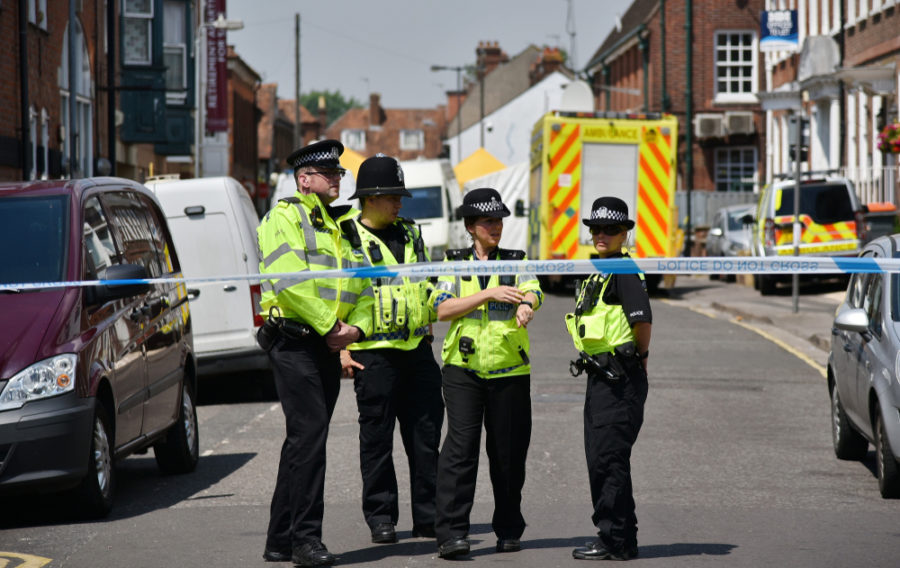
A year after the Novichok poisoning in Salisbury the Defence Secretary has announced £11 million to combat the effects of chemical attacks.
In response to chemical attacks in the UK last year and increasing use of chemical weapons overseas a new fund will boost decontamination abilities. Methods like unmanned vehicles, robots, and drones will ensure a safer process.
A year after the novichok attack in Salisbury and Amesbury, which lead to the death of a British woman, the armed forces have conducted one of the largest cleanup operations in British history. The new funding will help improve speed and accuracy in detecting and cleaning chemical contamination.
Defence Secretary Gavin Williams said: “After the Novichok attack in Salisbury a year ago, the nation turned to the Armed Forces and expert scientists. From the investigation to the clean-up, the military and everyone involved in the operation have worked tirelessly to decontaminate the streets of Salisbury.”
“Britain and its allies have also demonstrated that they will take a stand against the use of chemical weapons, from the sanctions enforced on Russia following the reckless use of Novichok to the strikes against the chemicals used by Syrian regime.”
The funding comes alongside the £48 million announced last year to develop a Chemical Weapons Defence Centre. The UK is aiming to remain one of the leaders in Chemical, Biological, Radiological, and Nuclear (CBRN) defence.
The main priority is to decrease the risk to civilians and personnel through the use of unmanned vehicles and other remote technology. Through the use of robotics, detection and recovery of assets like vehicles can be done in a faster and safer way.
If you would like to join our community and read more articles like this then please click here.
chemical chemical detection chemical weapons Gavin Williamson Novichok research funding Salisbury








